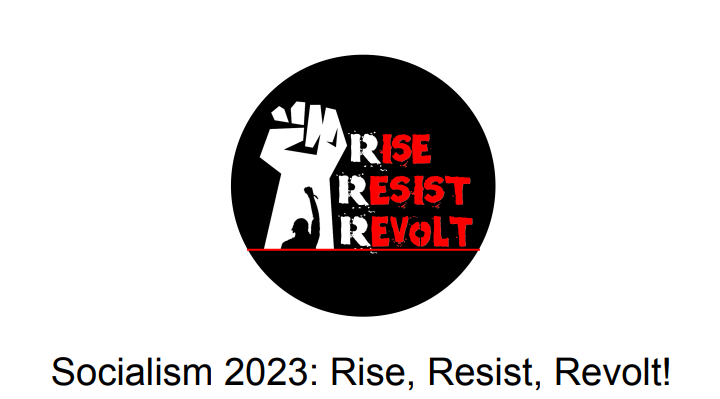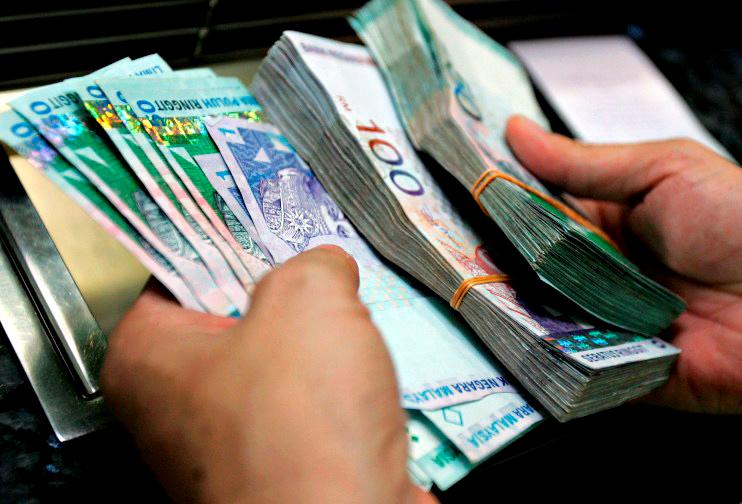
Source PEN International
LONDON, UK--PEN International is concerned over the recent arrest of Malaysian writer, Uthaya Sankar SB, who was held overnight and is now being investigated for a remark he posted on social media regarding the Prophet Mohammad.
PEN International calls on the Malaysian government to ensure that the ongoing investigation is carried out in an impartial manner that is consistent with its international obligations concerning the right to freedom of expression.
On 11 April, Uthaya Sankar SB was arrested at his home by investigators who also seized his digital devices. The arrest stems from a complaint made to the police regarding a comment that
The police initially sought to detain Uthaya for four days. However on 12 April the Magistrate’s Court dismissed the police application and permitted Uthaya’s release after a night in detention.
On 11 April, Uthaya Sankar SB was arrested at his home by investigators who also seized his digital devices. The arrest stems from a complaint made to the police regarding a comment that
Uthaya posted on his Facebook account on 6 April that was considered to potentially insult the Prophet Mohammad, which is illegal under Malaysian law.
In the post, Uthaya referenced a prominent hadith collection within Sunni Islam when mocking Malaysian actor Iman Zulkarnain’s comments regarding polygamy.
The police initially sought to detain Uthaya for four days. However on 12 April the Magistrate’s Court dismissed the police application and permitted Uthaya’s release after a night in detention.
Uthaya is currently free on police bail while he is being actively investigated under Section 298A of Malaysia’s Penal Code for causing disharmony, disunity, or feelings of enmity, hatred or ill will, or prejudicing the maintenance of harmony or unity, on grounds of religion, and Section 233 of the Multimedia and Communications Act for “improper use of network facilities or network service”.
‘Uthaya Sankar SB’s arrest for his social media post highlights the limits of free expression in Malaysia on issues such as religion.
‘Uthaya Sankar SB’s arrest for his social media post highlights the limits of free expression in Malaysia on issues such as religion.
However well intentioned, the authorities’ use of blasphemy legislation to investigate any alleged criticism of religion will do little to promote dialogue and mutual understanding, which are central tenets to the promotion of religious harmony in any society.
The Malaysian government must abide by its obligations to uphold the right to freedom of expression, even at times when the words expressed may be uncomfortable to some’, said Ma Thida, Chair of PEN International’s Writers in Prison Committee.
Uthaya flatly rejects any claim that he criticised Islam or the Prophet Mohammad in his social media post, noting that he has a track record of writing numerous books and articles about Islam and other religions without issue.
Uthaya flatly rejects any claim that he criticised Islam or the Prophet Mohammad in his social media post, noting that he has a track record of writing numerous books and articles about Islam and other religions without issue.
He is the author of over twenty books and has written extensively on topics including language, culture and religion in Malaysian society.
As a result of his detention by the authorities, Uthaya stated that he would now avoid writing about Islam, stating “I always read about Islam, but I have learnt my lesson. I will keep away from Islam and not write anything about Islam in the future, that would be the best”.
The apparent chilling effect caused by the authorities’ investigation against Uthaya is an example of how the Malaysian government’s use of blasphemy legislation results in the stifling of public discourse of religion, running into tension with international human rights standards concerning the right to freedom of expression.
As a result of his detention by the authorities, Uthaya stated that he would now avoid writing about Islam, stating “I always read about Islam, but I have learnt my lesson. I will keep away from Islam and not write anything about Islam in the future, that would be the best”.
The apparent chilling effect caused by the authorities’ investigation against Uthaya is an example of how the Malaysian government’s use of blasphemy legislation results in the stifling of public discourse of religion, running into tension with international human rights standards concerning the right to freedom of expression.
While hate speech must never be tolerated, the use of blasphemy legislation against even benign public statements regarding religion serves only to criminalise peaceful expression and risks fostering a climate of intolerance and social disharmony.
Background:
In recent years, there has been increased concern over the Malaysian government’s approach towards freedom of expression.
Background:
In recent years, there has been increased concern over the Malaysian government’s approach towards freedom of expression.
Considered ‘Partly Free’ by Freedom House, the Malaysian government has been involved in several problematic efforts to impose restrictions on free speech and curtail press freedoms, in what critics view as a concerted effort to stifle peaceful dissent.
In the past, the Malaysian government has used repressive legislation against those expressing their views peacefully, or those reporting on events of public importance.
The use of criminal defamation legislation in Malaysia is also a major issue of concern, with its expansive scope resulting in its use as a tool for censorship and punishment against news outlets and individuals through use of threats of criminal liability for what is frequently legitimate criticism.
The use of criminal defamation legislation in Malaysia is also a major issue of concern, with its expansive scope resulting in its use as a tool for censorship and punishment against news outlets and individuals through use of threats of criminal liability for what is frequently legitimate criticism.
A recent example is the investigation of former Attorney General Tommy Thomas on defamation charges resulting from comments made in his recently published memoir.








0 Comments
LEAVE A REPLY
Your email address will not be published